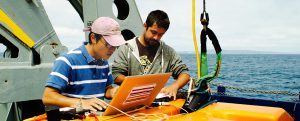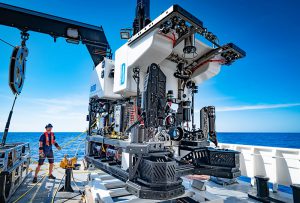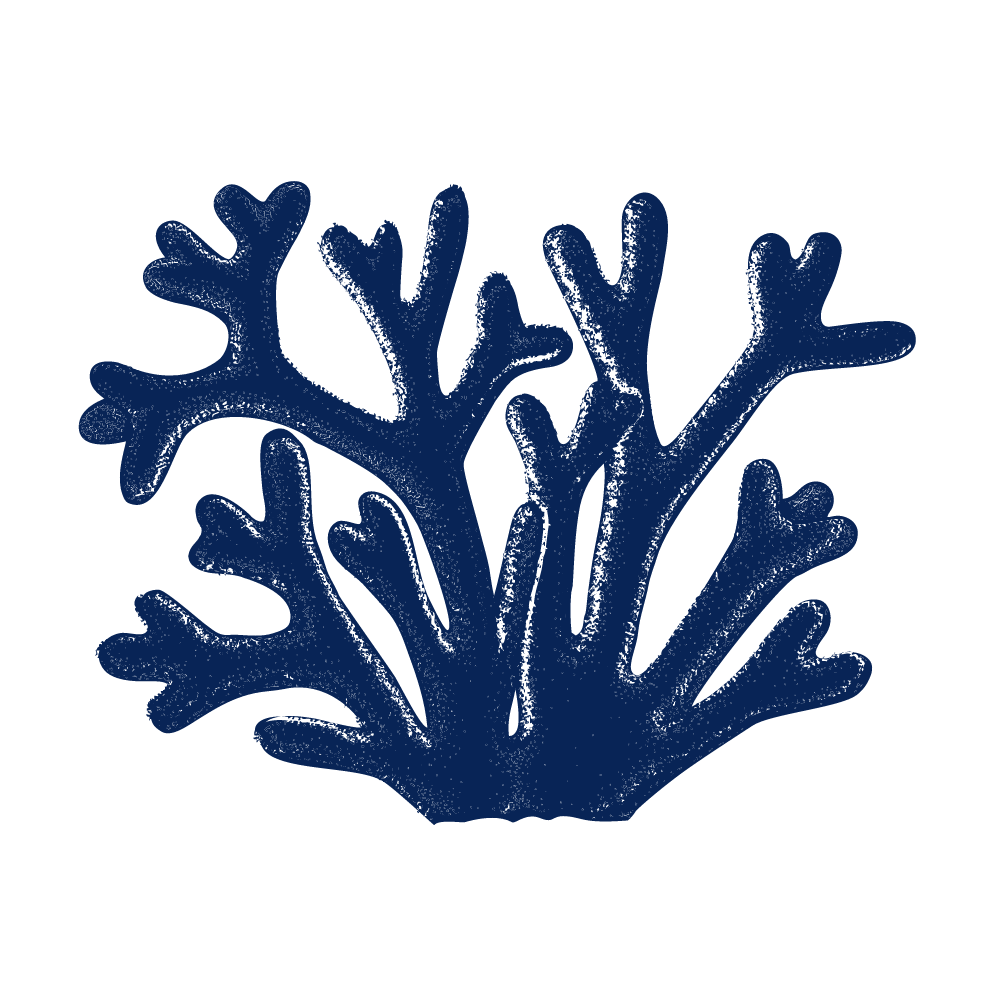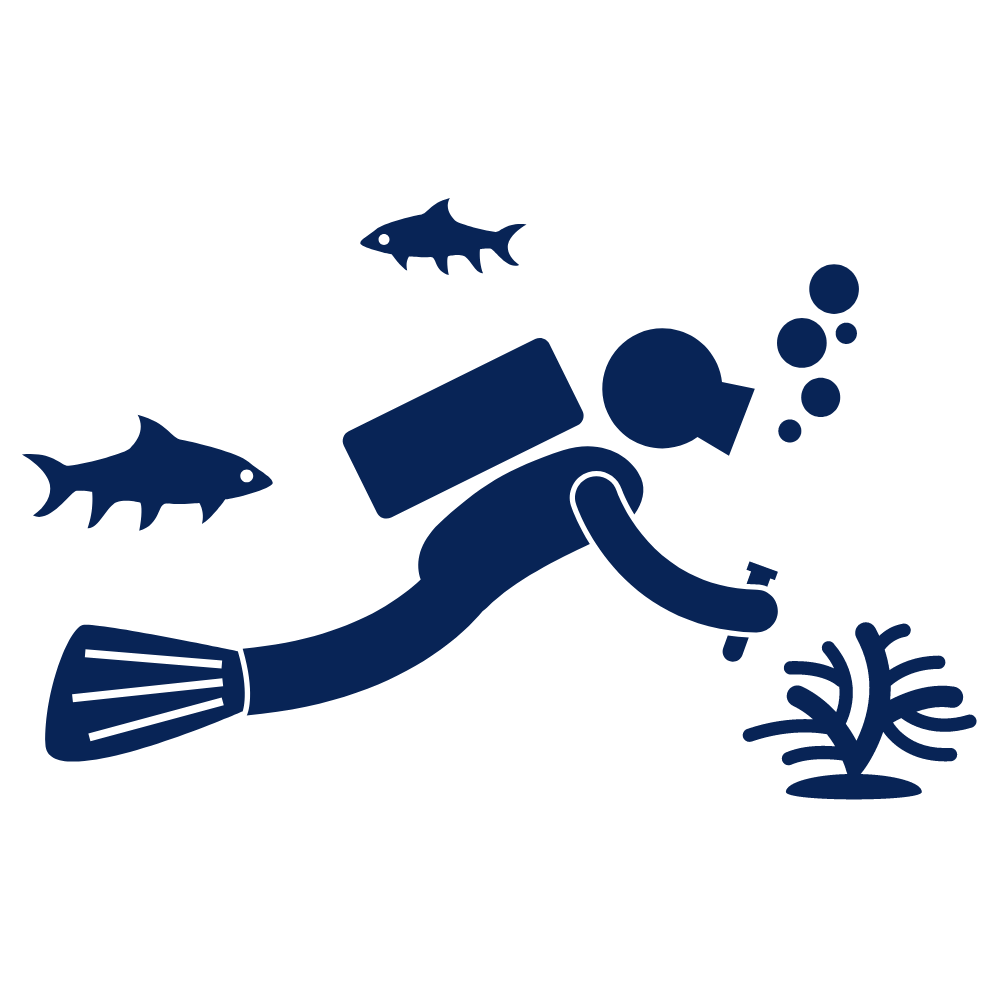Posted by Kasey | 11.27.2019 | Conservation, Marine Science, Sea Turtle Camp, Sea Turtle Camp News
Careers in Marine Science-Part 2
In part two of this series, we go into detail about careers that aren’t as well known!
 Marine Researcher (Oceanographer) – Marine researchers study the Earth’s water systems and perform laboratory research. The major categories of oceanography are geological oceanography, physical oceanography, and chemical oceanography. Oceanographers work together to explore the oceans and unravel the unknowns and mysteries.
Marine Researcher (Oceanographer) – Marine researchers study the Earth’s water systems and perform laboratory research. The major categories of oceanography are geological oceanography, physical oceanography, and chemical oceanography. Oceanographers work together to explore the oceans and unravel the unknowns and mysteries.
- Geological oceanographers- study the geological features of the seafloor like mountains, valleys, volcanoes, islands, plains, and canyons. They also research the human effects on our shores, natural coastal processes such as sea level rise, erosion, and storm-related events.
- Physical oceanographers- study the circulation of seawater and how sand is moved off of beaches and how erosion occurs.
- Chemical oceanographers (marine chemists) – study the formation of seawater and seafloor sediments and how the chemistry of the ocean is affected by many different factors. One important aspect of this career is studying pollution.
Degree recommended: marine science, geology, oceanography, marine biology; doctoral degree required for professors
 Ocean Engineer – This career is the link between all other oceanographic disciplines. Ocean engineers are involved in the designing, building, testing, and refining of different scientific equipment. The improvements of marine instruments and equipment help develop the field of marine science and have changed the way scientists can study the ocean and our coasts. Ocean Engineers work a lot with Remotely Operated Vehicles (ROVs)!
Ocean Engineer – This career is the link between all other oceanographic disciplines. Ocean engineers are involved in the designing, building, testing, and refining of different scientific equipment. The improvements of marine instruments and equipment help develop the field of marine science and have changed the way scientists can study the ocean and our coasts. Ocean Engineers work a lot with Remotely Operated Vehicles (ROVs)!
Degree recommended: ocean engineering, engineering & oceanography
oceanexplorer.noaa.gov; www.marinecareers.net
Commercial diver– There are a number of different areas that a commercial dive can work in including, commercial, maintenance and inspection, welding , repairs, deep sea exploration, and photography. Typically commercial divers work for construction, engineering, shipping, and oil companies.
- Offshore divers- the most common type of commercial diver. They work for oil and gas companies that have offshore operations.
- Onshore divers- work with engineering projects
- Naval divers- military counterparts of offshore divers. They inspect and clean ships and aid in inspecting underwater wreckage of crashed planes and ships
- HAZMAT divers- deal with hazardous materials by repairing pipelines, welding sewers, maintain pumping equipment to improve landfill site, recovering of lost objects, and pollution control work
- Scientific divers- study underwater species, typically working for government agencies and universities. You could be a marine archeologist and explore human history through the ocean!
- Media divers- perform underwater filming and photography. You could film for the Blue Planet documentaries!
Degree recommended: each branch of commercial diving would require a specific training; advanced scuba certifications are required
www.careerexplorer.com/careers/commercial-diver/


 Marine Bio
Marine Bio SCUBA
SCUBA Travel
Travel School Groups
School Groups Sign Up
Sign Up CONTACT
CONTACT CAMPS
CAMPS ABOUT
ABOUT